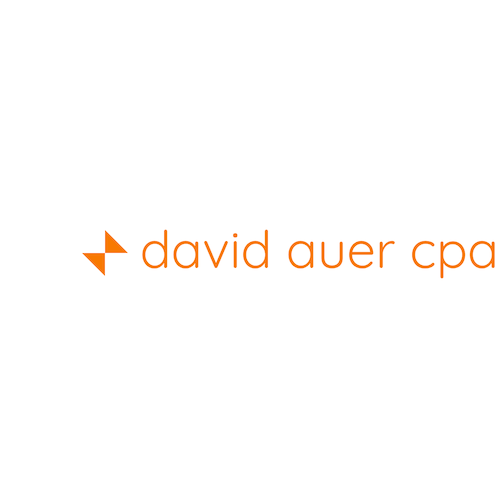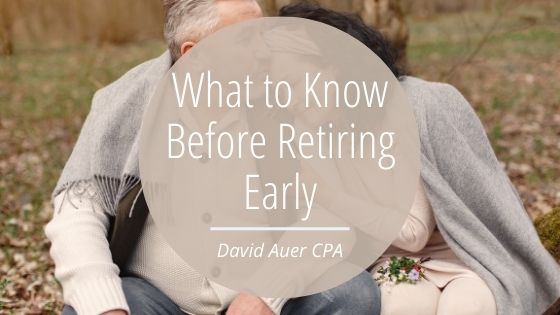Retirement in the later years of your life is the ultimate goal for most people. Save for the few people who want to do their job until they’re no longer able to—people who live for their jobs—everyone wants to be able to enjoy their twilight years doing whatever they’d like to do. Other people, meanwhile, have loftier goals: they want to retire early. While this is an admirable goal to have, oftentimes retirement packages don’t offer enough to justify retirement. This isn’t to discourage early retirement, though; it’s imperative that you do research before sealing the deal.
If you plan to retire early, here’s what you need to know.
Retirement, or free agent?
If you want to retire early, you first need to make sure that you’re in the position to do so. A certified public accountant, or CPA, will be able to look over your finances and determine whether or not you’re financially independent, but if you don’t want to hire someone to figure that out, you can do it yourself. Some things to consider when determining whether you’re financially independent of your job are:
- Monthly expenses (including taxes)
- Monthly income streams (pension, Social Security, etc.)
- Monthly gap
- Annual gap
- Necessary Nest-Egg to fund gap (annual gap / 4%)
A good way to figure out how much you need for retirement is by using the 4%-rule: add up all of your investments and only withdraw 4% of the total during your first year of retirement. For each year that follows, adjust that percentage to account for inflation. If you fall significantly below this determined target number, then you either need to cut your expenses or be a free agent; you’re not ready for retirement yet.
Expenses
Before you retire, you absolutely need to know what expenses you have before losing your income. Taxes, loan payments, renovations, holiday expenses—all of this (and more) needs to be taken into account before you go from worker to retiree. The best way to figure out how much you spend a month is to take all debits over a two-year period and divide by 24. You need to include everything in this number to get an accurate prediction.
If you’re under the age of 65, chances are your health insurance comes from your job. Once you leave your job you’ll no longer have that health coverage, which means you’ll have to find a new one. This can cost hundreds of dollars a month, especially when the premium, deductible, or both come into play. To get by on early retirement, creating a budget is a necessity.

